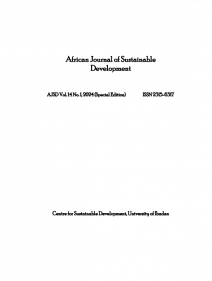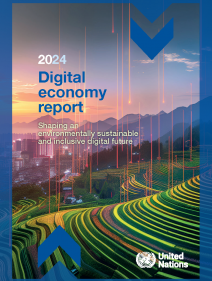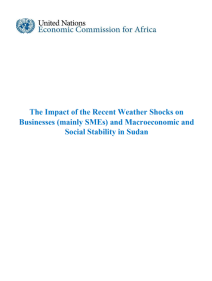Climate Change, Food Security and Natural Resource Division (CFND) is divided into three main sections: Climate Change; Green Economy Innovations and Technology; and Natural Resource Management.
The core functions of the Division are as follows:
(a) Promote and undertake research to improve capacities of policymakers in analysing and managing policies to address issues of climate change, environment and natural resource management, science, technology and innovation and transitioning to low-carbon, inclusive green and blue economy;
(b) Support the formulation and implementation of gender sensitive policies in the areas of climate change, green and blue economy, natural resources management, science, technology and innovation in support of the key drivers of Africa’s sustainable structural transformation;
(c) Promoting the development of mineral resources in the context of the Africa Mining Vision;
(d) Advocating policy-relevant research and analysis to inform the formulation and implementation of policies to foster a blue and green economy;
(e) Supporting member States in addressing challenges of climate change in key sectors and putting in place appropriate plans and mechanisms to reflect national development priorities, policies, strategies and programmes;
(f) Promoting policy dialogues and the exchange of experiences and best practices among stakeholders at the regional, national and local levels through conferences, meetings, seminars and electronic forums.









